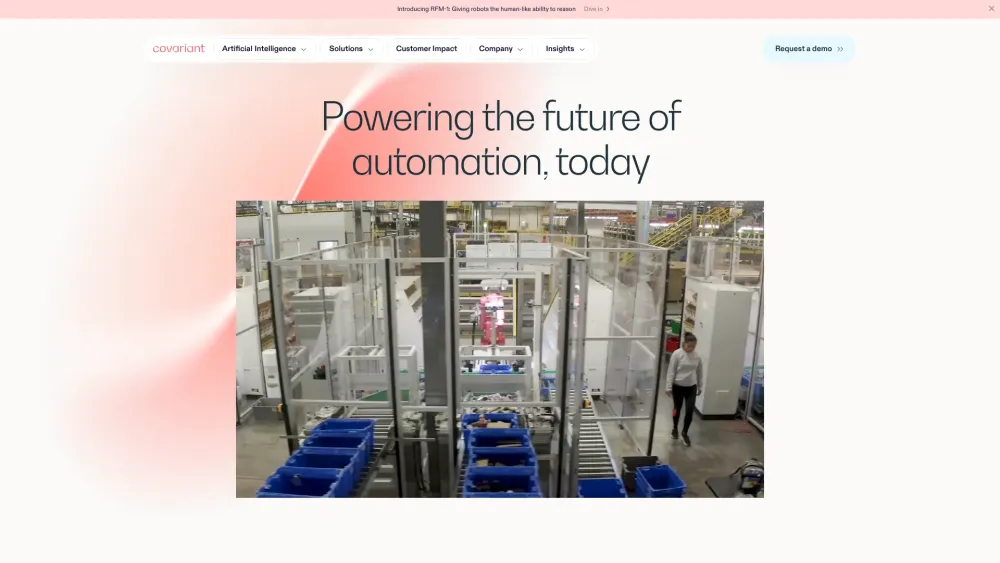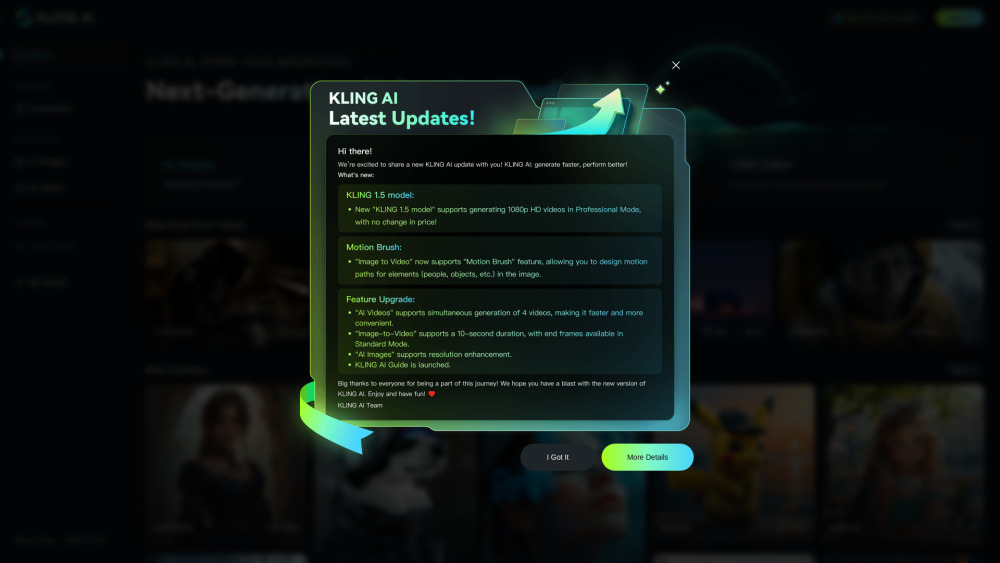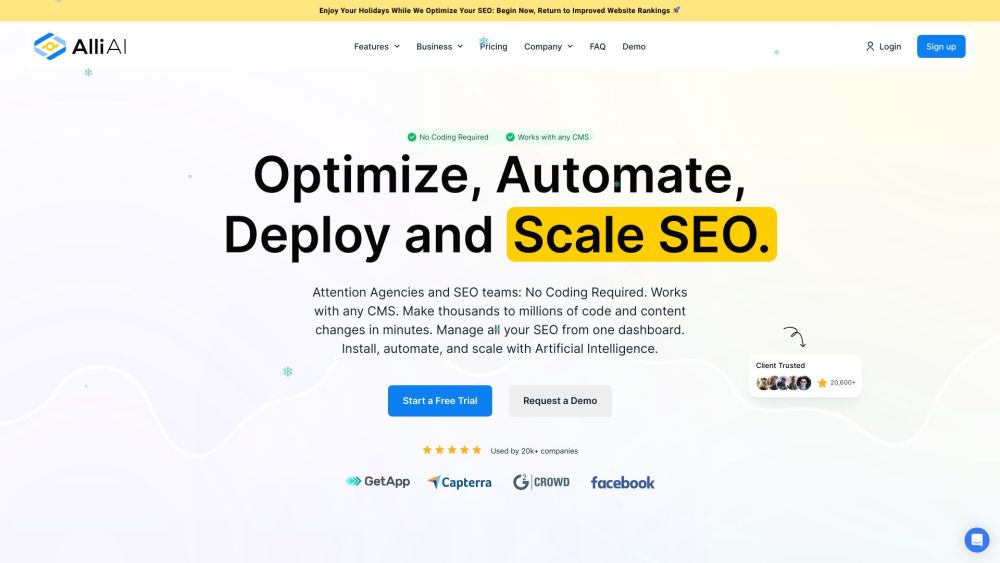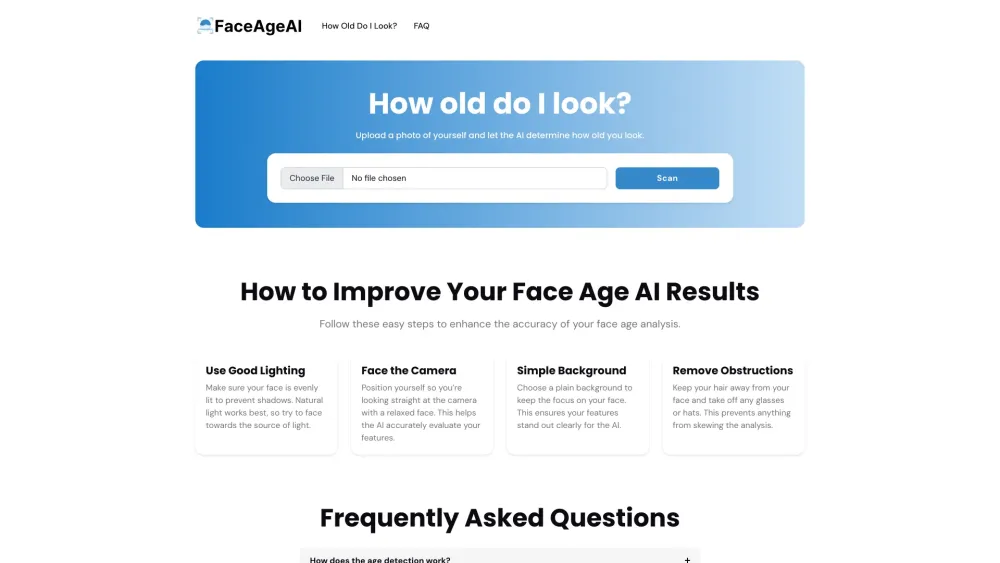Navigating the U.S. Job Market as a Non-Immigrant: Challenges and Innovations
Job searching can be overwhelming, particularly for non-immigrants in the U.S. You must not only present a compelling resume but also navigate through countless job postings to find the few that sponsor work visas. If you face job loss, the pressure intensifies, as you have just 60 days to secure another position before needing to leave the country.
The H-1B visa lottery, a highly competitive program that randomly selects skilled foreign workers to work in the U.S., is notoriously difficult to win. In the fiscal year 2025, U.S. Citizenship and Immigration Services (USCIS) received close to half a million applications. Out of these, approximately 120,000 moved to the registration phase, but only 85,000—about 18%—will ultimately secure a visa.
To address these challenges, California-based startup Jobright.ai aims to simplify the job search for foreign workers. Co-founder Eric Cheng, an immigrant himself, understands the hurdles faced by these candidates, prompting the integration of an “H-1B filter” into Jobright. This innovative feature, which draws on USCIS data to highlight employers with a history of H-1B sponsorships, has quickly gained traction among job seekers from India and China.
“This demographic has long been neglected,” Cheng, a former early engineer at Box, remarked. Today, around 30% of Jobright’s users are foreign workers. The introduction of the H-1B filter has allowed Jobright to attract 50,000 registered users since its April launch, all without a dedicated marketing budget.
The idea for Jobright emerged during Cheng's travels across China amid the COVID-19 pandemic after selling his content collaboration SaaS company. During his months-long journey, he visited mainly developing cities, where he encountered numerous young individuals grappling with joblessness amid a slowing global economy. By assessing their skills and providing career suggestions, Cheng was able to help ten of them find jobs.
“They had talent but limited awareness of market opportunities,” Cheng explained. “What if they had a seasoned headhunter who understood them well and could recommend jobs outside their conventional reach? The arrival of ChatGPT presented me with the tools to create such a platform.”
Harnessing large language models, Jobright developed an AI agent that functions as a personalized headhunter for job seekers. This AI assesses candidates’ experiences and suggests positions they may not have considered. Impressively, it evaluates job compatibility based on individual profiles—an essential feature utilized by 60% of Jobright’s users daily. Moreover, it assists users in identifying LinkedIn connections who may facilitate job referrals through shared educational or professional backgrounds.
While Jobright enters a competitive landscape of AI-powered job search platforms, it has carved out a distinct niche. Though it shares certain features—with established competitors like YC-backed Simplify, such as AI-driven resume creation and application submission—its target audience differs significantly.
“Most of our users are mid- to senior-level professionals with several years of experience,” Cheng elaborated. “Their primary challenge lies in discovering tailored job search strategies and opportunities that align with their career milestones and strengths.” In contrast, Simplify is primarily favored by students seeking internships and recent graduates.
“Yes, platforms like LinkedIn exist, but users often find themselves spending excessive time on job searches,” he noted. “The information gap is considerable.”
When asked about potential competition from LinkedIn developing similar AI features, Cheng indicated that LinkedIn's core function as a social network presents inherent challenges. “For LinkedIn to fully embrace AI would require a significant shift away from its ad-based business model, which prioritizes clicks over accuracy. We don’t just apply AI superficially; it fundamentally shapes our product across data, recommendations, and user experience.”
Jobright has previously secured $4.5 million in funding led by Lanchi Venture, with further investments from UpHonest Ventures and Source Code Capital. Looking ahead, the startup plans to broaden its reach beyond the U.S. to serve more job seekers globally.




